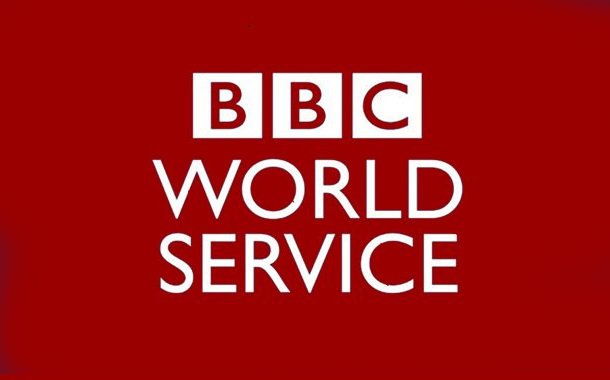BBC World Service English has announced it is significantly enhancing its content, with investment in original journalism; a richer range of programmes on science, arts and global debate; new podcasts and unique content to reach audiences on digital and social platforms.
This follows last week’s announcement of the BBC World Service’s biggest expansion since 1940s, a result of the funding boost announced by the UK Government last year.
Mary Hockaday, Controller BBC World Service English, says “The BBC World Service is a trusted source of news and information for a huge audience around the world – 66m weekly to the English service – and now we have even more to offer, at a time of unprecedented global change. This funding boost gives us the opportunity to enrich our schedule with a wider range of programs that reflect the breadth of our listeners’ interests, from the big news stories and analysis to explorations in science, innovation, arts and culture. From Syria to the US presidency, from Nollywood to outer space – our audiences are curious about the world around them and we can offer a new wealth of programs to respond to their interests and connect people in a global conversation. We’re also aiming to attract new and younger audiences, particularly on digital and social platforms.”
UK Government has announced last year, a funding boost of £289m until 2019/20 for the BBC World Service. The BBC Trust and the Foreign Secretary have approved many new language services, in accordance with the Broadcasting Agreement.
BBC World Service delivers news content around the world in English and 28 other language services, on radio, TV and digital, reaching a weekly audience of 246 million. As part of BBC World Service, BBC Learning English teaches English to global audiences.
The BBC attracts a weekly global news audience of 320 million people to its international news services including BBC World Service, BBC World News television channel and bbc.com/news.
















